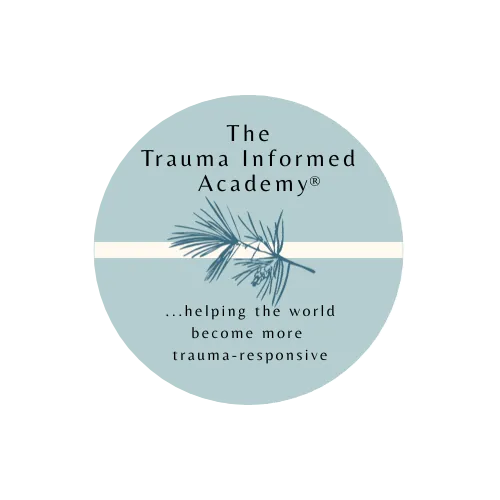

Help me.
This showed up in my Microsoft Teams August 2024. I was surprised, concerned, and puzzled. Was it a scam? Was the sender really the sender? If it was, were they OK?
“Help me. “ What did it mean? Were they suicidal? Was this the best utterance they could make, in the face of whatever adversity they faced?
The first thing I did was respond “I am here.”
I recognized the sender, someone I knew sort of for a number of years. I dug up their contact information and called.
It was a tech issue, something fairly easy to troubleshoot and fix, even over the phone. And then we got on Teams and chatted.
“Help me.” “I am here.” This is the basic process of attunement that infants go through when there are caregivers or parents in their home. It is the reciprocity of support.
An unanswered “Help me” evokes a deep feeling of fear, perhaps betrayal. Repeated over and over with any response, the speaker may shut down. Others may avoid them--they are “needy.”
A continuous “I am here” is also problematic--it’s pushy, and intrusive. Repeated over and over again without being noticed, the speaker may get louder or go silent.
It’s both: “Help me” and “I am here” need each other. Relationships are built on both rather than one.



Email our Admin:
©Copyright 2025 EPower & Associates, Inc. All Rights Reserved.
Privacy Policy | Terms of Use
Featured On...


